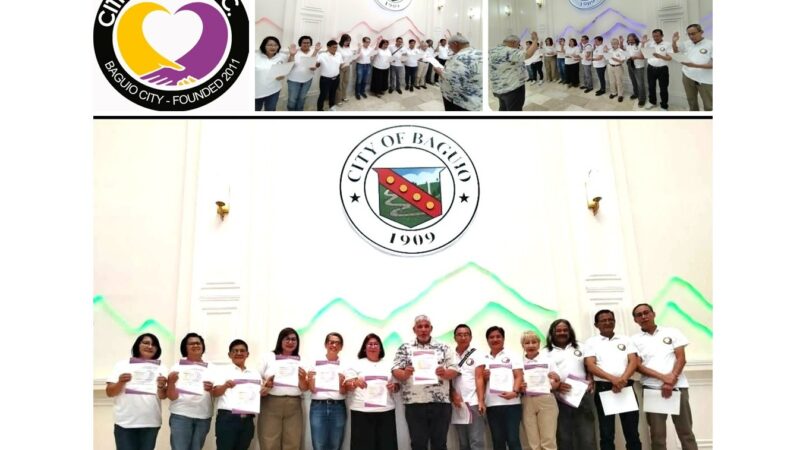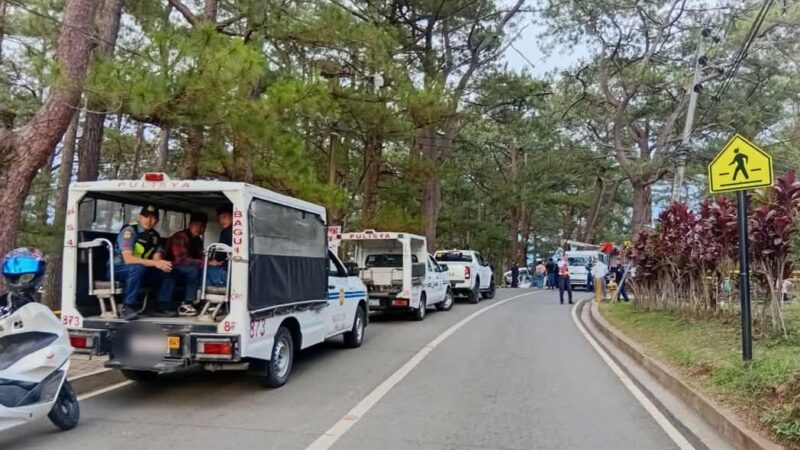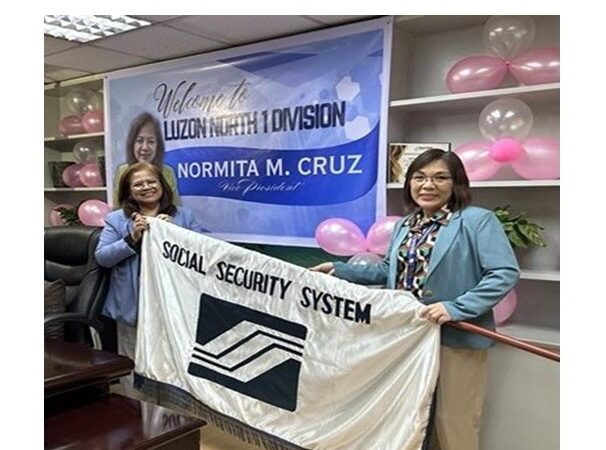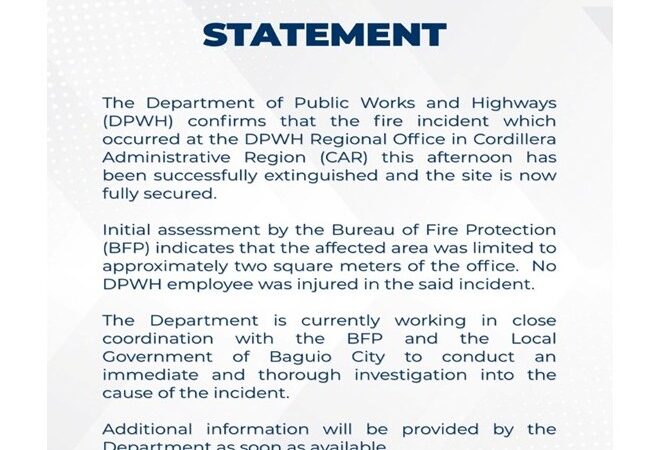Baguio assessed on compliance to UNDRR-MHWES scorecard
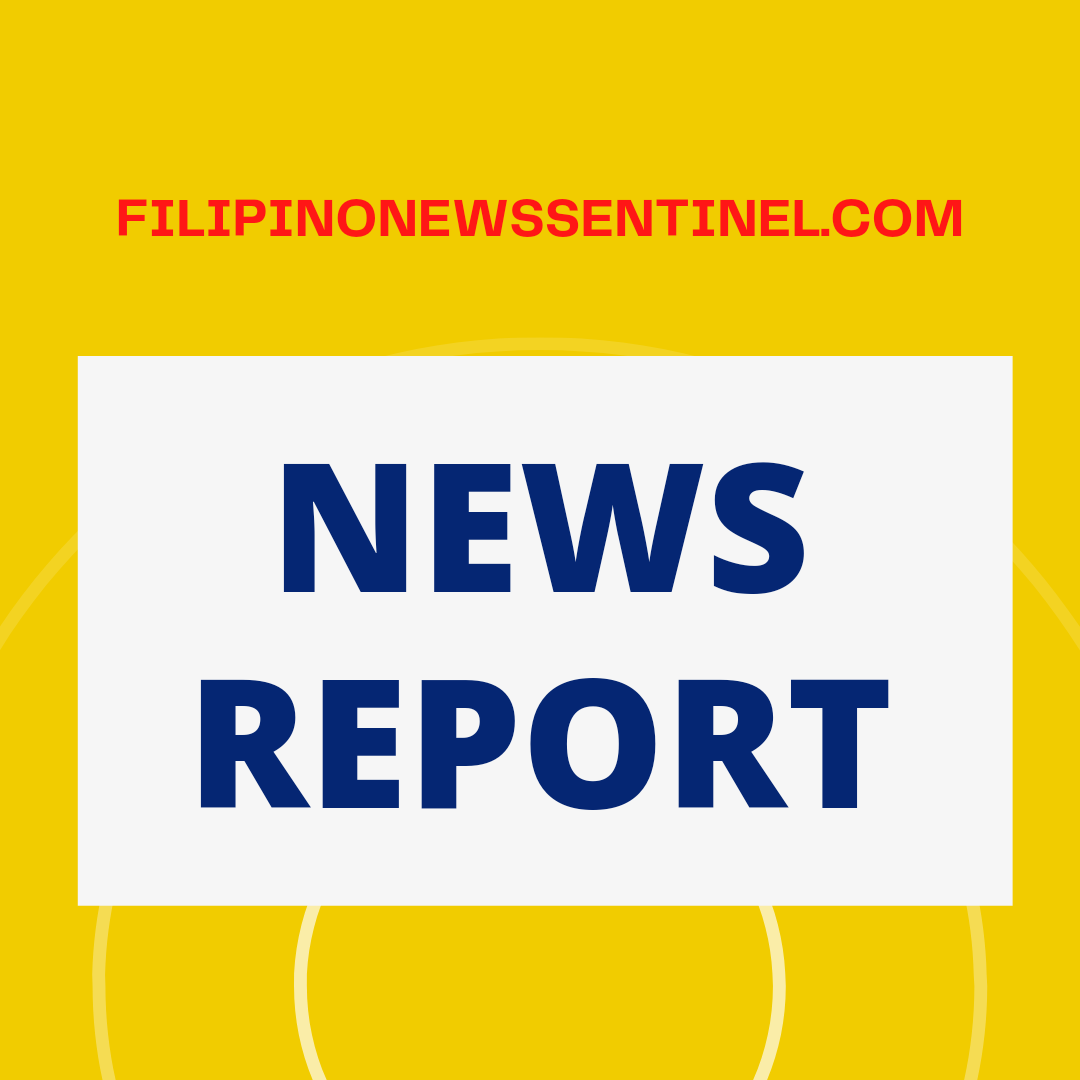
The city was assessed and evaluated by persons with disabilities and officers of organizations of person with disabilities (OPDs) on its compliance to the United Nations Disaster Risk Reduction Disability Inclusive Urban Disaster Risk Reduction and Multi-Hazard Early Warning system (UNDRR-MHEWS) scorecard during a two-day workshop held at the New Town hotel last July 29-30, 2025.
Based on the overall results of the workshop attended by some 90 focal persons for persons with disabilities and OPD representatives, Baguio scored high in government and institutional capacity but failed on societal capacity and recovery.
Among the parameters of the 10-point scorecard are organized for resilience; identify understand and use current and future risk scenarios; strengthen financial capacity for resilience; pursue resilience for urban development; safeguard natural buffers to enhance the protective functions offered by natural ecosystems; strengthen institutional capacity for resilience; understand and strengthen societal capacity for resilience; increase infrastructure resilience; ensure effective disaster response and expedite recovery and build back better.
Baguio is setting its sights on being the second city in the Philippines to be part of the Resilient and Inclusive City Hub (RICH) of the UNDRR-MHEWS.
Between 2015 and 2021, the number of countries with local disaster risk reduction strategies nearly doubled from 51 to 98 countries.
Despite the important advancement, true resilience also calls for inclusion, meaningful engagement and active participation, where local strategies and plans should also account for actions aimed at living no one behind.
As noted in the Lead Up to Habitat III held in 2016 in Quito, Ecuador in 2016, urbanization has the potential to be a great engineer for achieving sustainable and inclusive development for all.
However, the current lack of environmental accessibility faced by people with disabilities in particular in many cities in the world presents both a major challenge and strategic opportunity to promote an accessible and inclusive urban agenda.
Ironically, the COVID-19 pandemic has exacerbated the existing challenges and barriers faced by persons with disabilities and that the unfavorable and discriminatory social and economic conditions of the said sector in general has placed them in situations of poverty or extreme poverty that may increase during and after a disaster.
The UNDRR stated that a human rights-based approach to disability inclusive disaster risk management and reduction that strengthens the participation of persons with disabilities in the design, implementation, monitoring and evaluation of all policies is needed, particularly in urban settings like the city.
Further, the disaster resilience scorecard for cities is a tool designed to assess countries and local governments with monitoring, reviewing progress and identifying possible challenges in the implementation of the Sendai framework at the local level.It also supports the development of local rest reduction strategies and plans and is part of the Making Cities Resilient 2030 initiative launched in 2020 by the United Nations Office for Disaster Risk Reduction and its partners. – Dexter A. See

